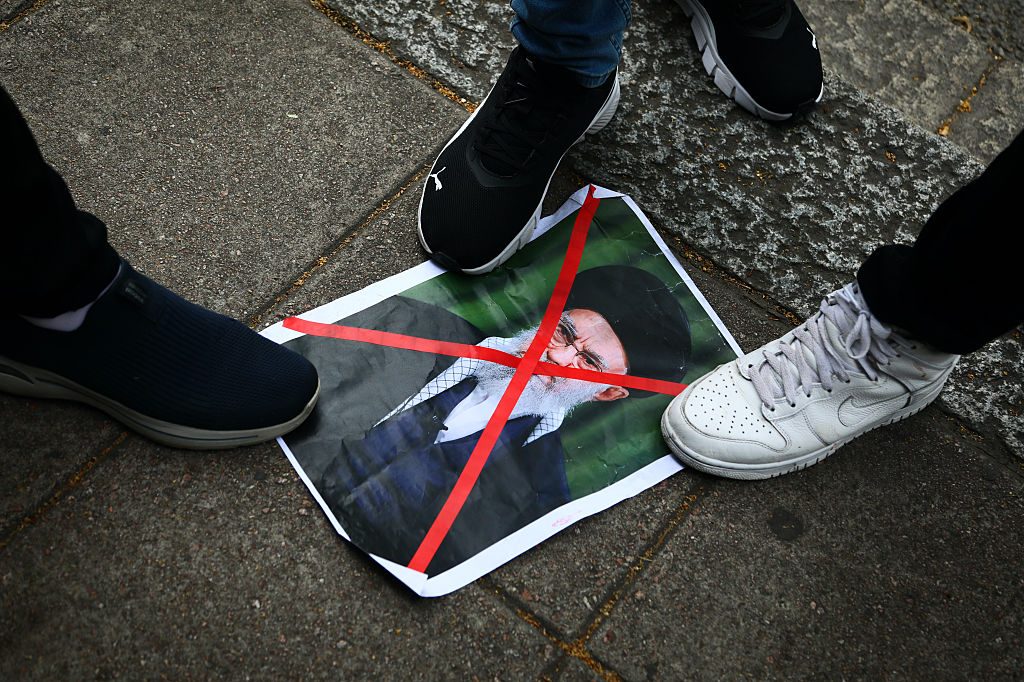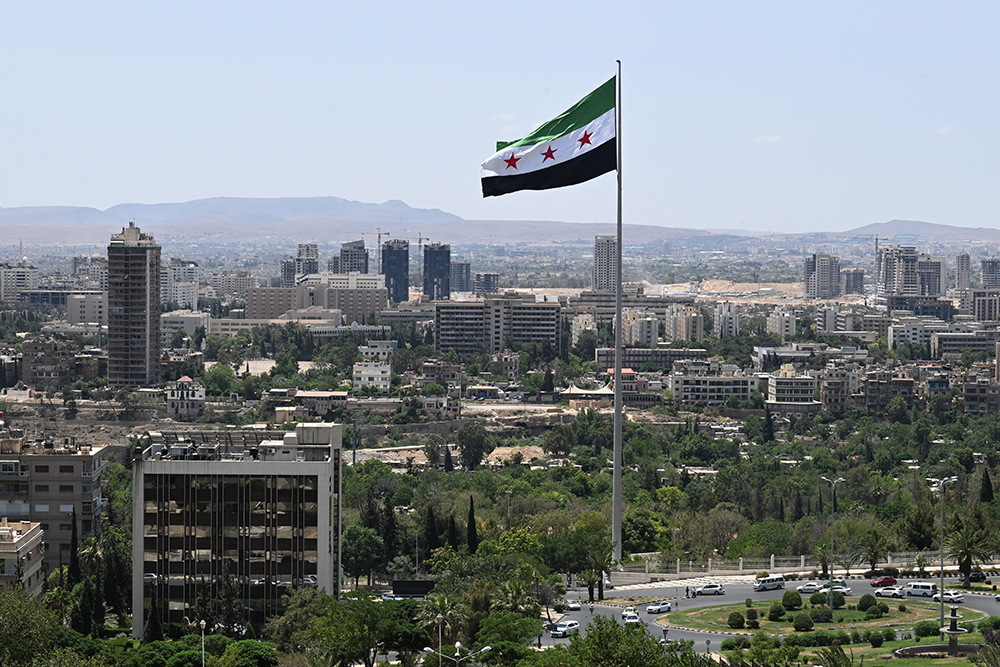I was born in Gorgan, Iran, ten years after the Islamic Revolution, and for the first 21 years of my life, I never experienced life outside of it. But my parents and grandparents told me about the prosperous lives they had before Islamism captured the country during a revolution they had initially supported. Their generation had detested the feeble and feckless Shah, and they’d been inspired by Ruhollah Khomeini’s charisma. That was the story of my generation: parents recounted to their children how the revolution they had supported ruined their lives, but they always blamed someone else for it.
Instead, my generation has experienced theocracy, poverty and international embarrassment. As we grew up, our parents told us of bars, cabarets and nightclubs back in the Shah’s days. We also saw them in Hollywood movies, how awesome the world outside Iran looked. But then in the morning, we returned to our real world. At school—where the sexes are kept separate—we were forced to listen to Quran recitation, participate in mandatory prayer and parrot our leaders’ indoctrination. Dating was not simply frowned upon but prosecutable. Sexual assault was rampant.
College was different. It was coed. Good news: You’re finally around the opposite sex. Bad news: You’re 18, and it’s the first time you’re around each other, leading to such questions as: how do you talk to a girl? What does a healthy relationship look like? But answering those questions was not the most difficult task. The hard part was doing it away from the eyes of security and the Basij goons—the regime thugs who do its dirty work in exchange for privileges. They will report you to the authorities for such un-Islamic behavior as flirting.
As an Iranian joke goes, the summary of every Shi’ite scholar’s book is, “If it’s fun, then it’s haram”—forbidden. Fun is haram in Iran. If you want fun, you have to go kharej, meaning abroad. But kharej isn’t just a place: it’s an ideal, somewhere a normal life exists. No respectable country will issue an Iranian a tourist visa—unless the visitor is moneyed—because the odds are that the visitor will never go back. Why would you? “Back in the Shah’s time, the Iranian passport was so credible, you could travel anywhere you wanted with it,” our parents told us. Thanks, for the reminder, mom and dad!
How did my parents’ generation let this happen? “My revolution was democratic,” went an excuse I often heard, “but it was hijacked.” The generations that opened their country’s door to theocracy never accepted responsibility for their actions. They saw themselves as powerless pawns, passive observers manipulated by greater forces. The Islamic Republic has survived because those people, with their low opinions of themselves and their agency, long dominated the population. But they’re quickly being replaced by a new citizenry.
Iran has a very young population. About a third of its population—30 million people—are between the ages of 15 and 40, the prime age for a revolt. Unlike the older generations, these younger Iranians believe that they have the agency to effect change. All they need are the instruments of power
Their enemy, the Islamic Republic, does not shy away from killing. Within four days of the street protests in 2019, it massacred 1,500 people. Iranians have tried to overthrow the regime and use their collective power. But that only gets you so far when the other side shoots at you from helicopters, and all you have are your bare hands, not even a leader to give you directions.
The Islamic Republic is at its weakest today. Israel stopped short of eliminating the political leadership—a wise choice to avoid Iranian collapse and civil war—but it went beyond military targets to degrade the state’s suppression capacity. Israel has done everything to tip the balance of power in favor of the people. Whether they will seize the opportunity remains to be seen.
Iranians will return to the streets to protest soon, and the Islamic Republic will use the opportunity to reassert its authority and take revenge on the people for not rallying behind it during the war. Israel will then face a tough choice: was the 12-Day War the beginning of a new era to assist the Iranian people, or a one-off?
President Donald Trump recently said, “It’s not politically correct to use the term, ‘Regime Change.’” He is right. But the regime is politically menacing, and we should not let political correctness get in the way of national interest. The national interests of the Americans, Iranians and Israelis are the same: the death of the clerical state.
There is a happy medium between dropping 180,000 boots on the ground, as the US did in Iraq, and doing nothing, as the US did in Syria. That middle ground is this: Let Israel empower the people and weaken the regime. Ask foreigners to do the job no American would.
The Iranian people can create positive change; they just cannot do it alone. They require a sponsor. Israel has the capacity and necessary capabilities to provide help.
During the war, some Iranian wag joked on Twitter, “Netanyahu has overnight paid back everything Cyrus did for the Jews 2,500 years ago.” History might just be coming full circle.


























Leave a Reply